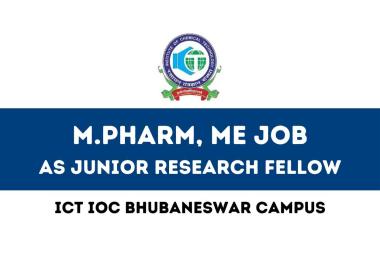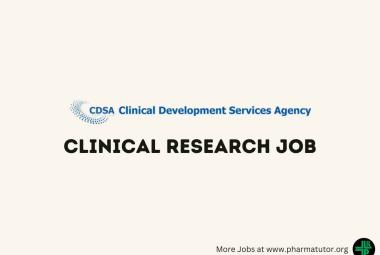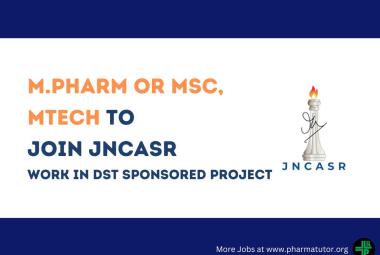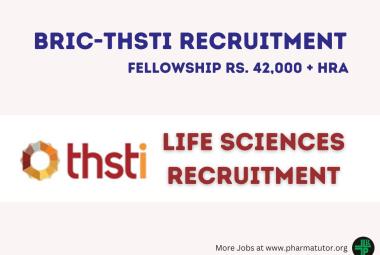An interim analysis of a large phase 3 clinical trial found that the combination of ibrutinib plus rituximab was superior to standard treatment for patients age 70 and younger with previously untreated chronic lymphocytic leukemia (CLL). The trial met its primary endpoint of an improvement in progression-free survival (the length of time patients live before their disease worsens). The combination also improved overall survival, the trial’s secondary endpoint. In general, patients in the ibrutinib–rituximab arm were less likely to experience serious side effects than those in the standard treatment arm. Until now, the standard treatment for previously untreated CLL has been a six-month course of FCR, which combines the chemotherapy drugs fludarabine and cyclophosphamide with rituximab.










.png)


